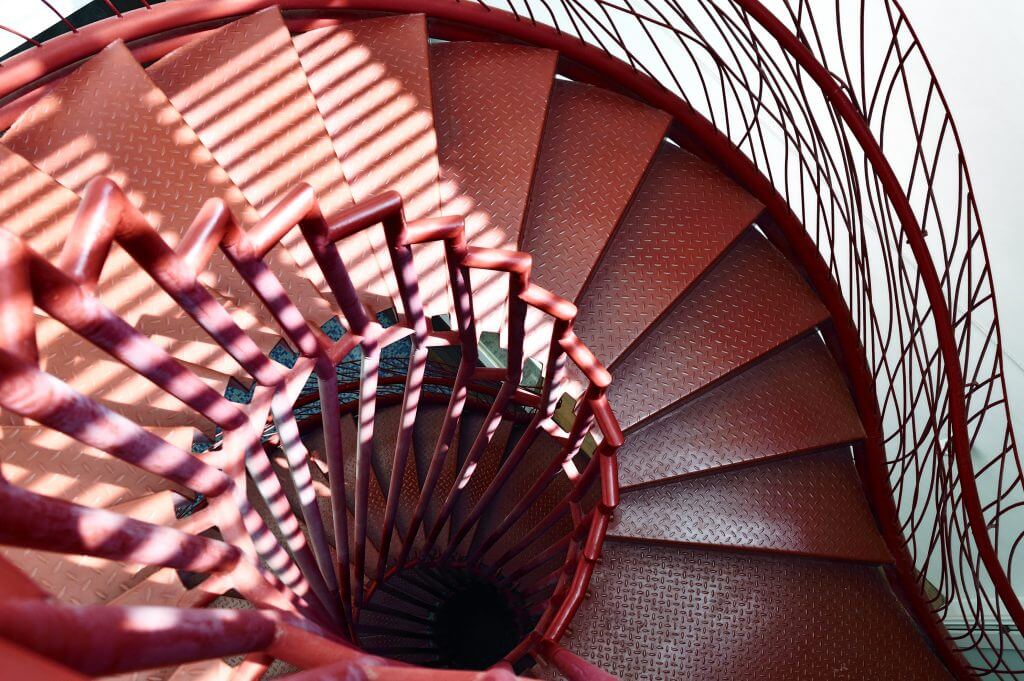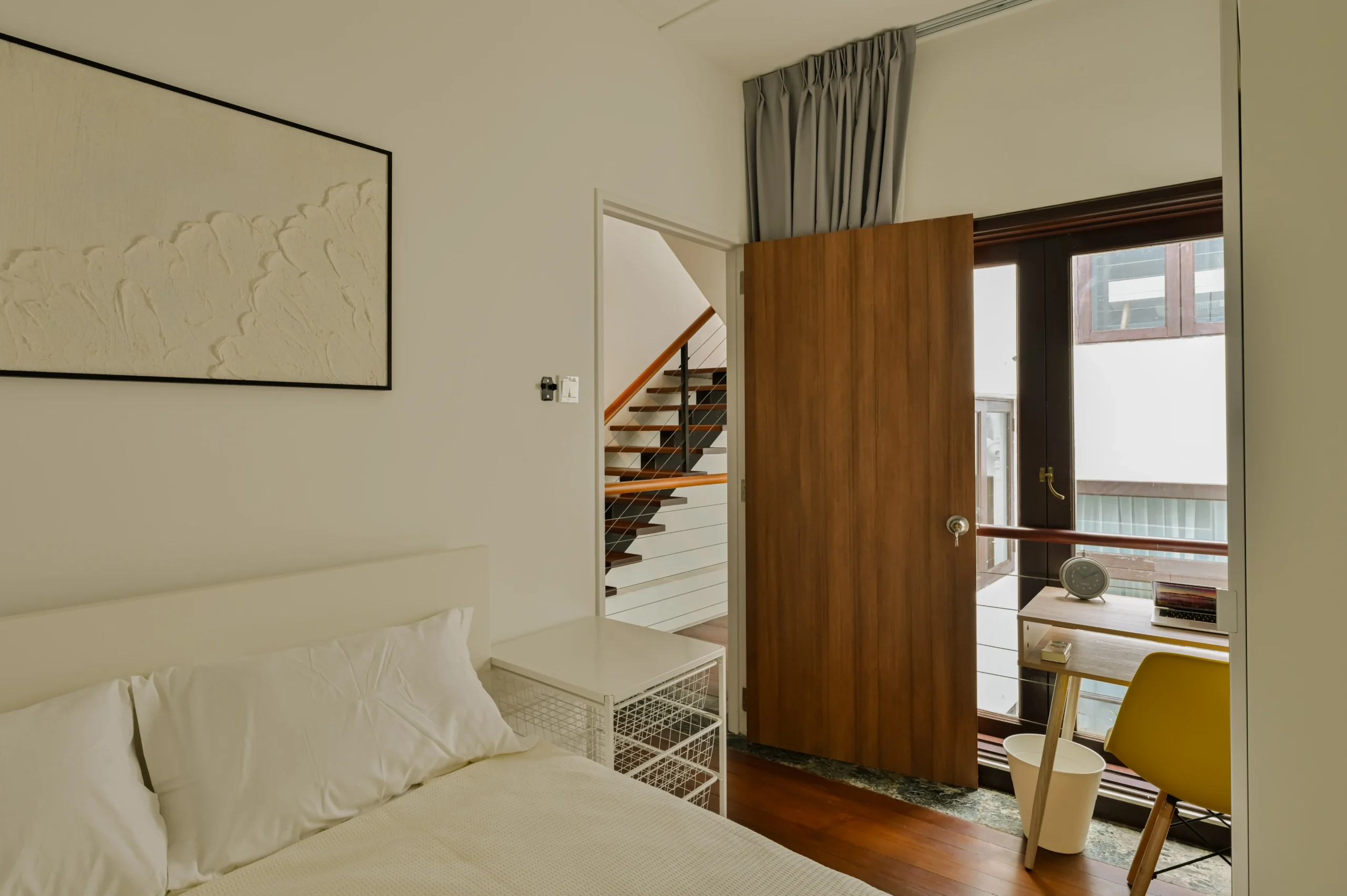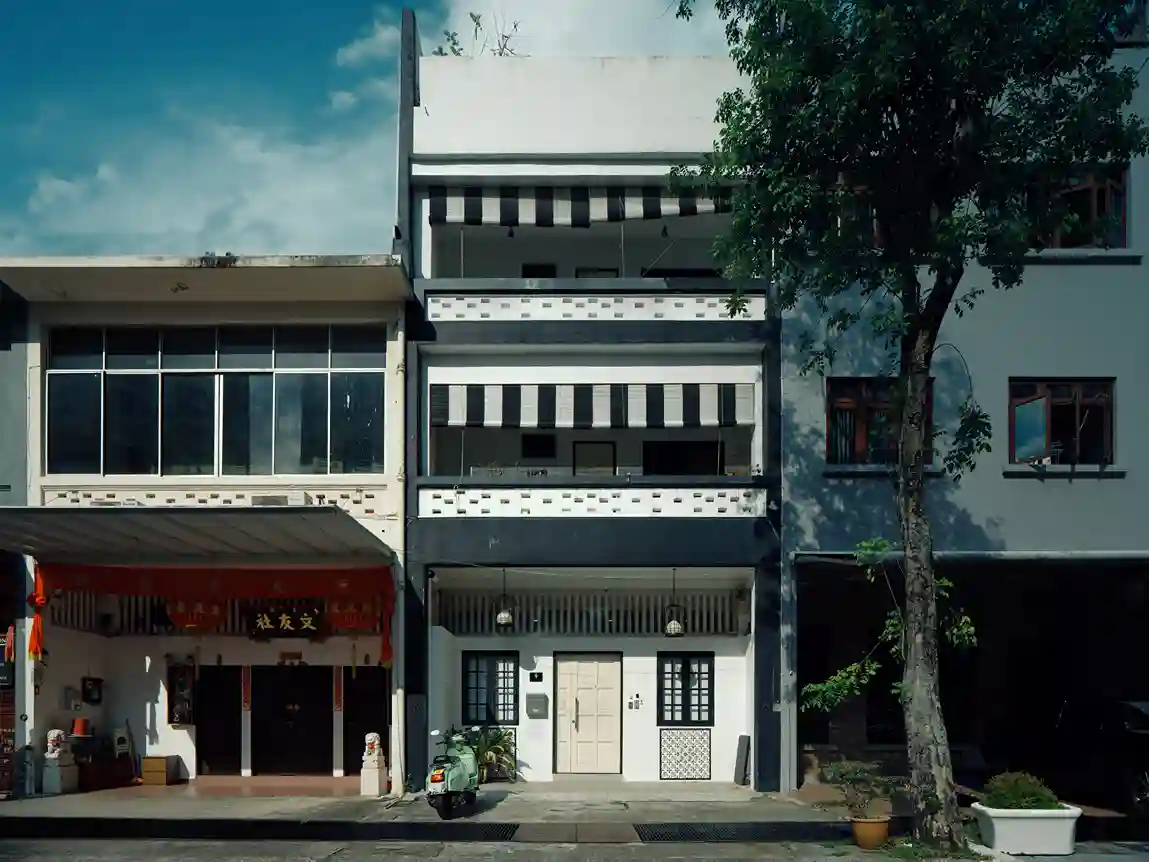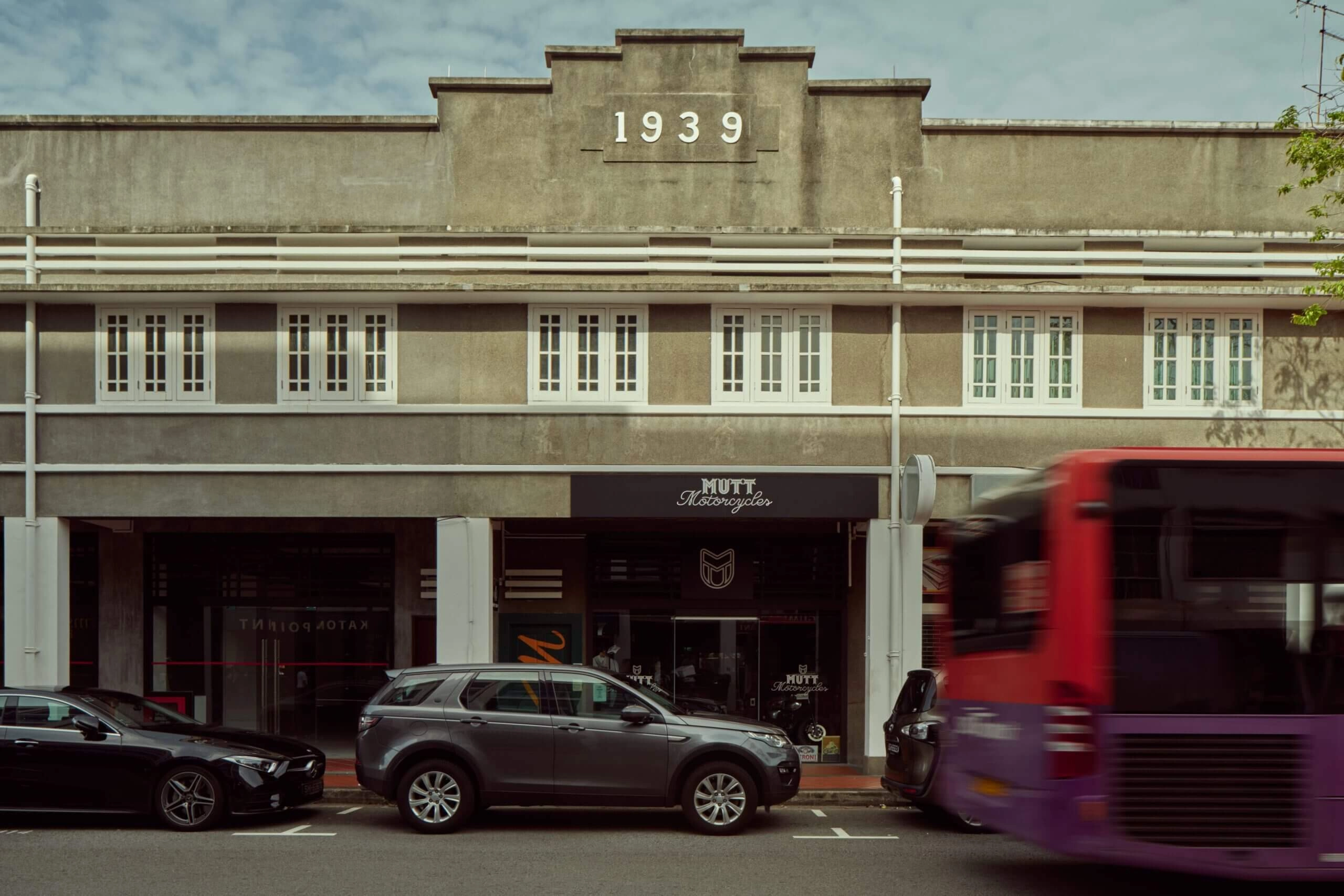Figment in a Postmaterialist Society
We are living in an age of superabundance. Late Capitalist society relentlessly uncovers fresh needs, while flooding the market with a deluge of products and services. Fear, uncertainty and doubt (FUD) marketing techniques are harnessed by businesses and governments to keep consumers frozen in a state of perpetual consumption, discouraged from altering their habits or of making alternative choices.
From our experience, this plays out particularly badly on the housing market. In our major cities, where competition for apartment units in the city centre is often fierce, available accommodation options can appear overwhelmingly uniform to the casual observer. We might call this the ‘cookie cutter conundrum’. Residents are more often than not compelled to seek the tried and tested, blocking from their consciousness any condominium alternatives that have not been explicitly endorsed by mainstream society.
One’s choice of accommodation becomes a decision that is wholly dependent on utilitarian considerations such as finances and convenience. Gone are the days of ‘wasteful’ embellishments such as Corinthian pillars or decorative raineaves.

Developers’ provision of housing is a key example of how non-materialist preferences are wrested from prospective buyers, who due to competitive, profit-maximizing markets are left with no workable alternatives. Residents willingly cede control over factors ranging from the aesthetics of the building in which they live, to whom they live with and what they can lawfully do in their own homes.
This brings to mind Rem Koolhaas’ theory of ‘Junkspace’, which was conceived as a critique on the monotony and sterility of contemporary architecture, built purely to facilitate production and consumption, rinse and repeat. The term ‘Junkspace’ is a nod to the cookie cutter shopping malls and the business district skyscrapers which encroach upon cities, insidiously swallowing them whole as time goes by.
As Junkspace overruns cityscapes, so too does the prevalence of spaces that Marc Augé calls “non-places”. A non-place is a location that exists in the interstices of what is meaningful or significant. In non-places like train stations, shopping malls and hotel rooms, human beings become faceless and their presence strictly transitory and transactional. Non-places are a reflection of supermodernity and its obsession with efficiency and security. They accentuate the rupture of place with identity and culture, severing the relationship architecture has with the human beings inhabiting it.

In many emerging metropolises, such as in parts of Asia where development has been frenzied and materialist values were until recently or still are overwhelmingly dominant, even the deeply personal domains of the home and the local neighbourhood have arguably been relegated to Junkspace and non-places, each one no different from the next.
As cities’ frenzied growth reaches a peak and begins to mature, a newfound diversity accelerates and transition to postmaterialism begins. Postmaterialism marks a shift from survival mode to a greater focus on freedom and self-expression. More individuals start to eschew economic and materialistic concerns in the decision making process and turn towards self-expression.
Figment embraces a postmaterialist society. As advanced industrial societies grow and develop, younger people are more likely to adopt postmaterialist attitudes. At some point in their life cycle, cities reach the threshold where sacrificing freedom and self-expression in favour of economic security starts to be perceived as detrimental to personal wellbeing.
This could mark a shift in key decisions about where to live and what to do with one’s life. Previously, the house you lived in was selected solely based on price, investment potential and convenience. Conversely, in our conception of a postmaterialist city, more Figment members might see their houses as homes, as an extension of themselves and their identities, and a mirror of the world around them.




Comments